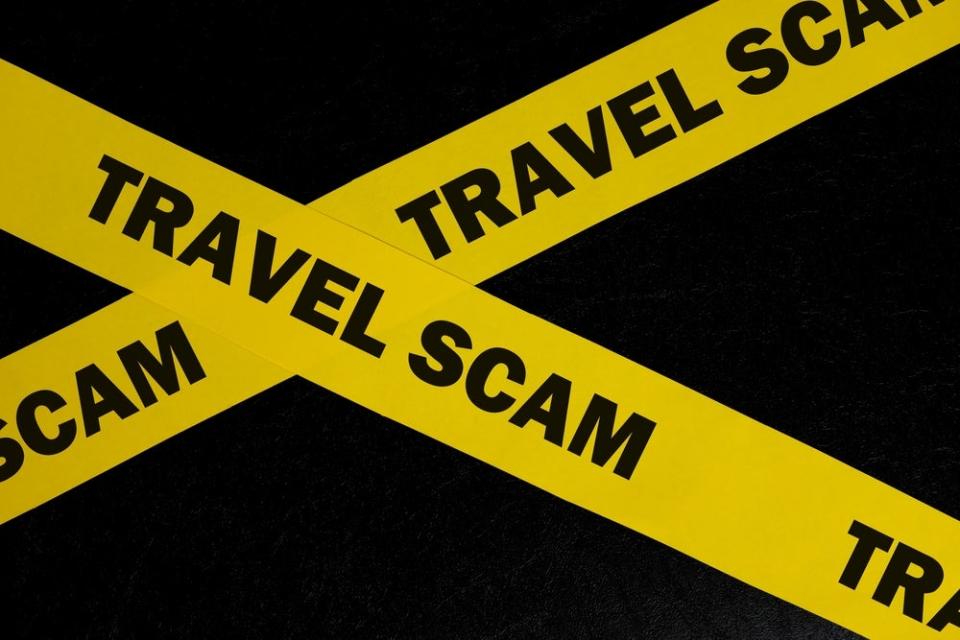McAfee highlights potential travel scams at hotels

IT security solutions provider McAfee has surveyed 6,000 adults in Australia, France, Germany, Japan, the UK and the US to highlight travel scam practices.
The research finds that while there is widespread enthusiasm for travel in 2024, this is being dampened by growing caution around criminal scams.
As a result of AI and deepfake scams, a third (34%) say their trust in planning and booking vacations has decreased, impacting revenue and booking rates for hotels.
The three most common scams that travellers encounter while booking a vacation are fraudulent payments after providing credit card or bank details on a fake site (15%), clicking on a malicious confirmation link from an unknown source (10%), and encountering manipulated holiday destination photos (8%).
McAfee highlights that travellers commonly receive unsolicited scam messages claiming to be from hotels. These ask for personal information or prompt guests to click on suspicious links.
Social engineering threats can see attackers posing as hotel staff to gain access to personal information or valuable belongings.
Public WiFi networks in hotels can also cause major issues if there is insufficient protection for guests’ devices.
Hoteliers should be aware of these tactics and invest in cybersecurity software and training for staff to identify scammers.
McAfee’s survey respondents also highlighted increased issues with rental accommodation scams, with 13% finding that their booked property didn’t exist after paying a deposit. This is a differentiator upon which hotel brands can capitalise to win guests back from the likes of Airbnb.
"McAfee highlights potential travel scams at hotels" was originally created and published by Hotel Management Network, a GlobalData owned brand.
The information on this site has been included in good faith for general informational purposes only. It is not intended to amount to advice on which you should rely, and we give no representation, warranty or guarantee, whether express or implied as to its accuracy or completeness. You must obtain professional or specialist advice before taking, or refraining from, any action on the basis of the content on our site.

 Yahoo Finanzas
Yahoo Finanzas 